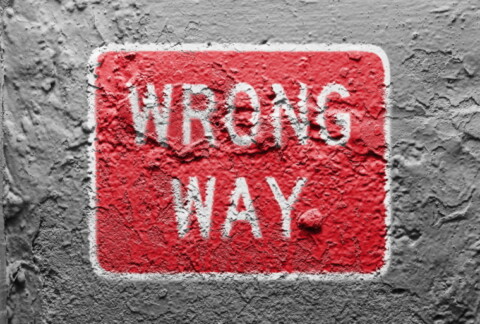Does your small business have to do social media marketing?
Running a small business is challenging work – we get it!
You’ve already got enough on your plate, but that nagging thought at the back of your head keeps telling you that you’ve got to start doing something with social media. All your competitors seem to be doing some kind of social media marketing, so it’s no good putting your head in the sand! Need some more convincing? Well here’s some quick advice on how you can start off slowly without stressing yourself out.
The problem many small businesses face with social media marketing is they haven’t got a clue where to start and what they should be doing. Then there’s the worry about how much time it will take to set things up and maintain your social media accounts. And ultimately of course, whether you’ll get any rewards from all the effort you put in. The trick is to have a plan and be tactical in your approach…
The main goals for any small business getting involved in social media marketing are…
- To promote your business or brand to a wider audience
- Build and maintain a loyal base of followers
- Get those followers to part money with you.
Setting up social media profile pages for business is simple enough. Building followers does take time and effort, but once they’re hooked in you can expect to boost your sales!
Let’s get you started…
Don’t reinvent the wheel
As mentioned above, many small businesses just don’t know where to start in the world of social media; no wonder it’s overwhelming! Why stress yourself out on what’s best to do, when you can check out your competitors? It’s easy to find out what your competitors and businesses in similar industries have been doing on social media platforms. Put time aside to make notes on what they’re doing that could work for you, and perhaps how you could improve on that.
What platforms would work for you?
Do you really want to create and maintain business profiles on all the main social media platforms; think of the time and effort! It’s best to narrow down which platforms would be better for the industry you’re in. For example, Instagram is great if you you’re a restaurant, art dealer or interior designer. You’ll be able to showcase pictures and videos that immediately capture the interest of users. LinkedIn is invaluable for those focused on B2B as you’ll be able to share and promote your industry knowledge and build networks with potential customers. Canada Post has a great article which offers some insights on the most effective social media platforms for different types of businesses.
Setting up your social media profiles
Setting up a profile for your business on each of your chosen social media platforms will be relatively straight forward. You’ll of course need to introduce your company, what you specialize in and what makes you special. This information will be the first thing that social media users see, so take time to make it engaging. It’s probably best to prepare this introductory text in advance on a document that you can tweak and use on all of your profiles.
Start posting!
Any posts you make to your social media profiles should be created to engage and maintain your existing followers, as well as encourage new users to follow you. Don’t just create posts for the sake of it, or bombard followers with multiple posts, as it can put people off. Be tactical in your approach to please followers and make them want to visit your website or premises to spend money.
Keep-up engaging
Engaging your followers will ensure that you maintain them. It’s essential to appreciate the kind comments that your followers make to you, to answer any questions that are asked, and to respond to any neutral or negative feedback. Concerning the latter, avoid retaliatory or emotional responses as your comments are there for everyone to see and can have disastrous effects on all the hard work you’ve put in. Always remember that the base of social media followers that you have built is a huge asset for your business.


